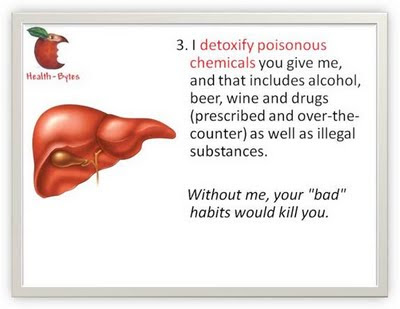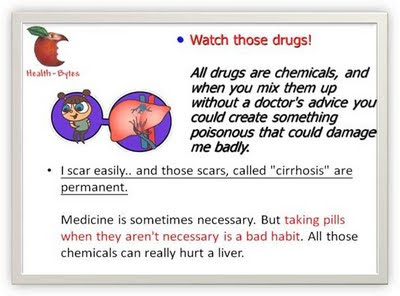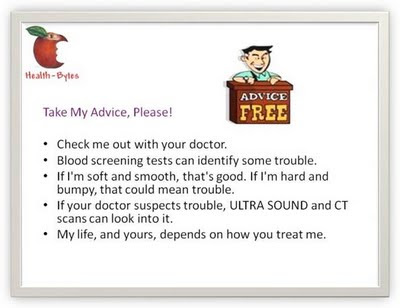Indulging in a bag of chips or munching a handful of nuts now and then isn't
likely to hurt you in the short run, but regularly chowing down on
salty
foods over several years may damage your blood vessels and lead to
high
blood pressure, a new study finds.
Researchers reporting in the online edition of
Circulation said that
eating too much salt over time may affect the lining of blood vessels,
increasing the likelihood of
developing
high blood pressure.
"This study reinforces guidelines backed by the American Heart Association
and other professional organisations that recommend
reducing salt
consumption to reduce your risk of developing high blood pressure," said Dr.
John Forman, lead author of the study and assistant professor of medicine at
Harvard Medical School in Boston.
High blood pressure, also called hypertension, can contribute to heart
failure, stroke and kidney failure.
How the study was
done
Researchers tracked the
salt intake
of 5,556 white men and women from the Netherlands over about six years. None
of the participants had high blood pressure at the study's start.
By analyzing 24-hour urine samples collected periodically over several years,
the researchers noted the amount of uric acid and albumin in the urine, markers
of blood vessel damage. They also tracked the amount of salt, or sodium, the
participants ate by measuring how much sodium ended up in their urine.
The researchers found that, over time, people who ingested more sodium had
more uric acid and albumin in their urine.
What the study
found
The higher the levels of uric acid and albumin, the more likely those people
were to develop high blood pressure if they continued on high-sodium diets, the
investigators found. Over the approximately six-year period of the study, 878
new cases of
hypertension
(high blood pressure) were discovered.
Compared with the participants eating the least amount of sodium (about 2,200
milligrams a day), those eating the most (6,200 mg a day) were 21% more likely
to develop high blood pressure. Those who had high uric acid and albumin levels
and ate the most salt were 86% more likely to develop high blood pressure.
How much salt is 2 200 milligrams of salt? About a teaspoon.
Much of the sodium the average person consumes comes from processed foods.
Forman cautions that people who don't use salt shakers at the table shouldn't
assume they're not getting too much sodium. One cup of soup or a single-serving
frozen dinner can have 1,000 milligrams of sodium.
The study showed an association between the markers of blood vessel damage
and high blood pressure, but not a cause-and-effect relationship.
Dr. Gregg Fonarow, professor of cardiovascular medicine at the University of
California, Los Angeles, said, "the research shows that in some individuals,
there is an association between these markers -- uric acid and albumin -- and
the subsequent diagnosis of hypertension."
Why salt causes blood vessel damage -- called "endothelial dysfunction" -- is
not fully understood, said Fonarow. "Sodium exposure may lead to progressive
changes in the lining of the blood vessels, eventually becoming irreversible,"
he said.
"And once you've developed hypertension, lowering your salt intake most
likely won't be enough to normalise your blood pressure," he said.
The study also suggests that those with markers of blood vessel damage may be
more negatively affected by a high-salt diet than others.
Salt
and hypertension
The idea that salt influences the development of high blood pressure is
considered controversial by some experts. A study published last year in the
Journal of the American Medical Association suggested that lower amounts
of sodium in urine were associated with more cardiovascular disease deaths.
In order to link high salt intake more closely to blood vessel damage and
subsequent high blood pressure, Forman said it would be necessary to follow many
people over about 20 years, ideally using ultrasound to directly assess blood
vessel health.
Fonarow said the key to high blood pressure prevention is moderation and
watchful management of other cardiovascular risks. "Avoid a high-salt diet, but
also don't smoke, watch your weight, keep your cholesterol down and manage your
blood pressure," he said. "Those factors are probably even more important."
Heart experts advise limiting sodium intake to less than 2,300 mg a day, or
1,500 mg if you're black, over 50 years old or have certain chronic diseases. By
reading Nutrition Facts labels closely, you can limit your sodium
intake.
Read more:Top
10 foods with hidden salt
The U.S. National Library of Medicine has more about
high blood pressure.
![]()
(Copyright © 2012
HealthDay. All rights reserved.)
(7684)































